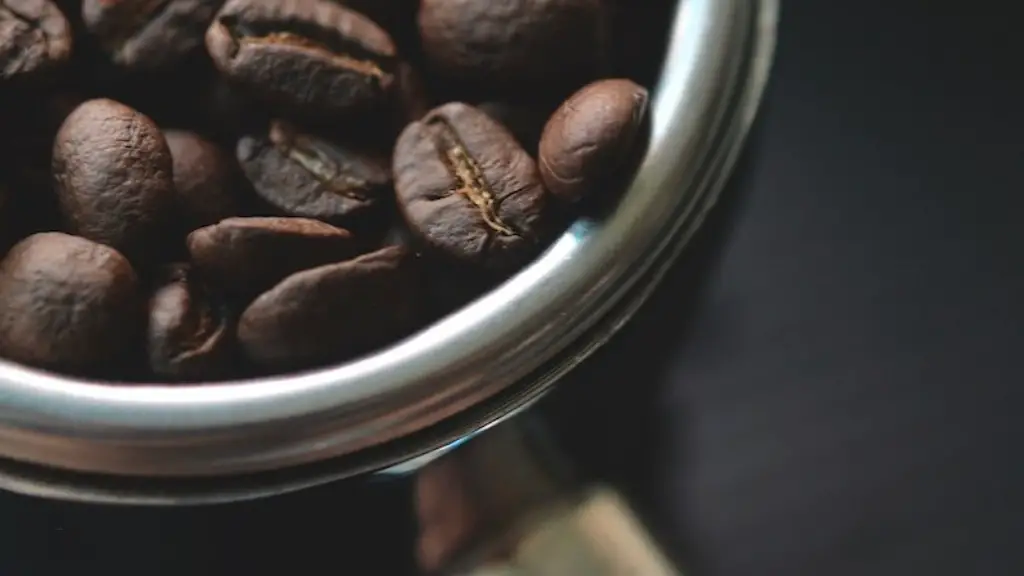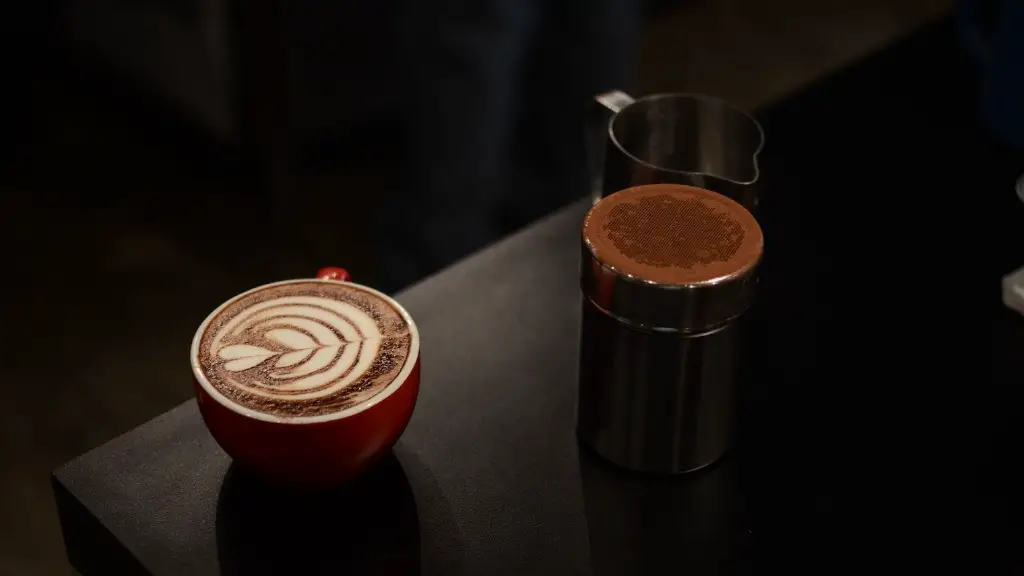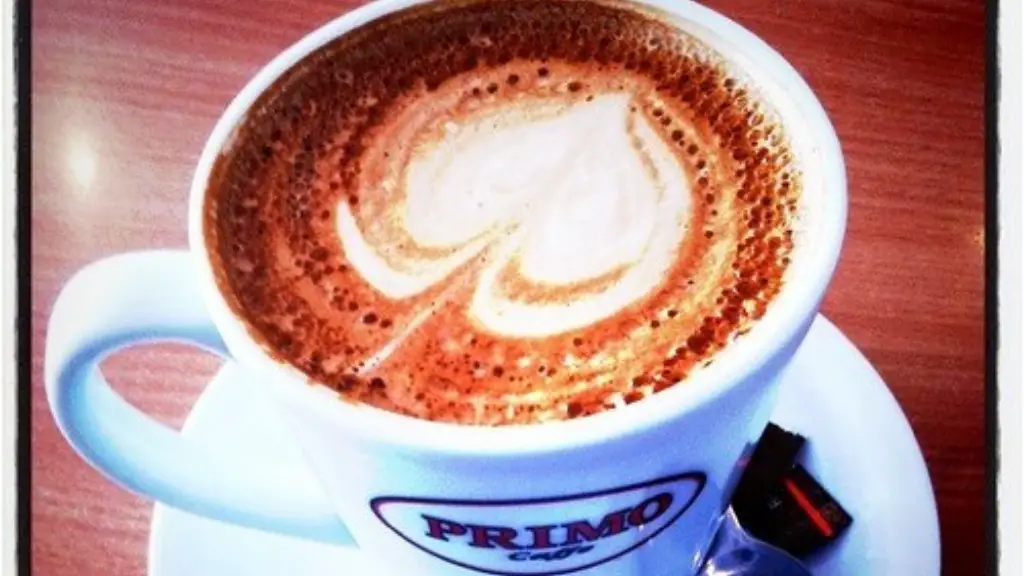There are plenty of reasons why you should stick to a healthy diet and exercise regularly if you have high blood pressure. One of the most important pieces of advice if you suffer from hypertension is to steer away from addictive substances like nicotine and alcohol, as they can increase your blood pressure. But what about drinking coffee while you’re on high blood pressure medicine?
Caffeine is probably the most commonly used psychoactive substance. Studies have shown that people who drink coffee are less likely to suffer from hypertension than those who don’t. According to experts, the health benefits of moderate consumption of coffee outweigh the potential risks. Scientists agree that drinking coffee in moderation is generally safe for most people, even those taking high blood pressure medications.
When it comes to drinking coffee in combination with taking high blood pressure medicine, experts recommend you talk to your doctor first. Depending on the specific medication you’re on and the dose you’re taking, drinking coffee could have unwanted side effects. Caffeine boosts the effects of certain high blood pressure medications, which increases their tendency to cause side effects like dizziness or nausea. Generally speaking, people who take beta-blockers should be particularly careful when it comes to drinking coffee. Doctors usually advise their patients to pay attention to their blood pressure levels and possible side effects after drinking coffee.
Interestingly, scientists have recently discovered that the kind of coffee you drink may also affect your health. It turns out that decaffeinated coffee carries the same potential benefits as ordinary coffee when it comes to lowering blood pressure. Another study found that espresso was the most successful drink at lowering systolic and diastolic blood pressure levels.
In addition to its potential of limiting the effects of some high blood pressure medicines, drinking coffee can bring numerous other health benefits. Research shows that it helps with alertness, makes us more productive, keeps us sharp and protects us from cognitive decline. Finally, the antioxidants that coffee contains play an important role in providing us with energy and boosting our brainpower.
Can Coffee Help with Heart Health?
Experts say that the health benefits of moderate consumption of coffee go beyond lowering blood pressure levels. Studies have shown that drinking coffee can reduce the risk of stroke, coronary artery disease, and heart failure. While it’s true that there are still questions regarding the exact influence of caffeine on human health, some of the latest studies suggest that coffee can bring unprecedented heart benefits, especially if one drinks at least three cups a day.
For some people, the benefits of drinking coffee seem to come from its high number of antioxidants. Apart from helping with the oxidation of bad cholesterol, these antioxidants protect the cells from potentially harmful molecules and improve heart health. Judging by the evidence, coffee is one of those drinks that can look down on both our physical and mental wellbeing when consumed in moderation.
How Much Coffee is Too Much?
Having said all that, it’s important to remember that moderation is key. People who have hypertension should talk to their doctor before extending the permissible amounts of coffee in their daily diet. Same goes for all caffeine-containing products, like soda and energy drinks.
Generally speaking, most healthy people can get away with 2-3 cups of coffee a day. Wider implications aside, such an amount of coffee should be perfectly safe and won’t interfere with the pharmacological effects of high blood pressure medications. As always, it’s best to consult your doctor or primary care provider if you’re not sure what the limitations and risks associated with drinking coffee while taking medication could be.
What Other Ways Can I Lower My Blood Pressure?
Apart from medication and avoiding caffeinated drinks, there are numerous other ways to lower your blood pressure levels and keep them low. Studies have shown that regular physical activity and healthy eating can significantly reduce the risk of hypertension. Research also suggests that doing simple things like walking for at least 30 minutes per day, avoiding processed food and reducing stress can bring about dramatic and long-term improvements.
Moreover, recent studies have found that regularly eating fish can significantly lower blood pressure. We also know that some vegetables, like cabbage or celery, can help with hypertension; while potassium-rich foods like bananas or potatoes can also be beneficial. Finally, people suffering from high blood pressure can benefit from supplements like omega-3 fatty acids, magnesium, coenzyme Q10, resveratrol and selenium.
What is the Best Way to Avoid Unpleasant Side Effects?
In order to minimize the chance of experiencing adverse side effects, people with hypertension should carefully monitor their blood pressure levels after drinking coffee or other caffeine-containing drinks. Significantly lowered or heightened pressure readings could be the first signs of possible interactions between caffeine and the medicines used for the treatment of hypertension.
Moreover, it’s important to realize that not everyone reacts the same to slightly increased amounts of coffee. Some people may have higher tolerances and may be able to drink more without experiencing any side effects. Others could find themselves in a vulnerable position with even just one cup of coffee, depending on the type of drugs they’re on.
Are There Alternatives to Coffee?
For people who find themselves unable to drink coffee in combination with their medications, there are plenty of alternatives. Those include decaffeinated coffee varieties, herbal tea, green tea and various other caffeine-free alternatives. Such drinks can bring many of the same benefits as ordinary coffee, like improved alertness and heart health, without the risk of potential interactions between caffeine and high blood pressure medications.
Generally speaking, it’s best to lift certain foods from your menu, like red meat and processed products, and stick to eating more fish, vegetables and fruits. Such a change in diet could make a huge difference when it comes to controlling blood pressure. In addition, subtle lifestyle changes, like starting simple physical activities, significantly reducing stress and getting enough sleep, could bring about improvements as well.



